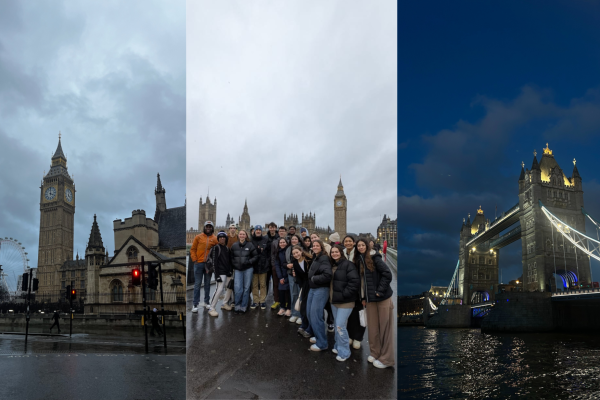Private Prisons: New Arm of the Political Machine
In the midst of the ongoing campaigns of bids for the presidential nominations for 2016, one issue stands ignored by the masses with no real indicator of it ever leaving obscurity: the private prison industry.
In the midst of the ongoing campaigns of bids for the presidential nominations for 2016, one issue stands ignored by the masses with no real indicator of it ever leaving obscurity: the private prison industry.
The private prison industry receives government funds by housing prisoners in their facilities with the promise of saving money and increasing efficiency. This industry, according to Vicky Pelaez of Global Research, started to grow rapidly under Ronald Reagan and George H. W. Bush administrations, which should come as no surprise since it is so wonderfully obvious that this country should set the example of privatization by giving control over the guarding and housing of its prisoners and enemies of the law to private citizens – I mean, forget oversight apparently.
The U.S. Government Accountability Office published a report (GGD-96-158) comparing the operation costs and quality of public and private prisons and concluded that there was no substantial proof of private prisons saving money for state governments and the quality of life was similar with no real differences between the two. So now that the government has concluded that the claims are completely false there should have been a decrease in private prisons, yes? Careful, that would be logical and we all know the government can never listen to common sense, even at the expense of safety measures in these very prisons.
According to aclu.org, in a press release concerning the Corrections Corporation of America (CCA), the largest owner of private prisons in the country, there is evidence of cutting corners when it comes to safety procures. Furthermore, CCA is currently under investigation by the FBI for falsifying logs for officers that were not actually on duty – so they were fraudulently receiving more state funds for paying the officers that were not actually working – and the subsequent short-staffing (i.e. blatant and willful negligence) has been attributed to the increase of violence between prisoners housed in the facility in question in Idaho.
If the private prison industry does not save the states money and has instances of skimping on safety measures, any reasonable, sane individual (of which Jeb Bush is obviously not) would ask the obvious question: why are they still being built? That is due to the cultivation of political power through extremely persuasive means: money. According to Kanya D’Almeida of nationofchange.org, after bringing in their revenue and tidy bit of profit off of cheating the state through the prison system, they have the political clout to pursue policies that lead to higher incarceration rates, thus increasing their revenue.
Just looking at the bare facts of this situation, the private prison industry is exactly that – private – as Republican Jeb Bush, a current candidate for the Republican presidential nomination, so likes to point out. Bush tries to say that a business primarily looks to expand their revenue through any means and through this goal and tries to sell the idea that privatization of the penal system will lead to increased efficiency.
According to ontheissues.org, in his unsuccessful bid for the office of Governor of Florida in 1994 Bush went on record as stating, quite absurdly, that building private prisons would save 15% of building costs and 20% of operating costs – statistics that are now known to be false as the aforementioned dubious claim of private prisons at being the frugal alternative was debunked.
However, it is quite clear that the “increased efficiency” comes at the price of disregarding safety procedures, stealing funds from the state, and effectively creating the supply of prisoners to meet their demand. Obviously, this type of mindset is not remotely appropriate for those put in charge of prisoners of the state.







